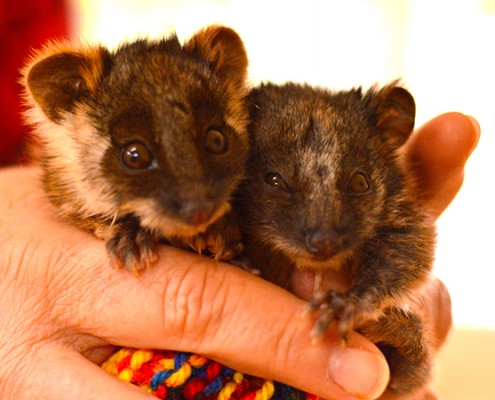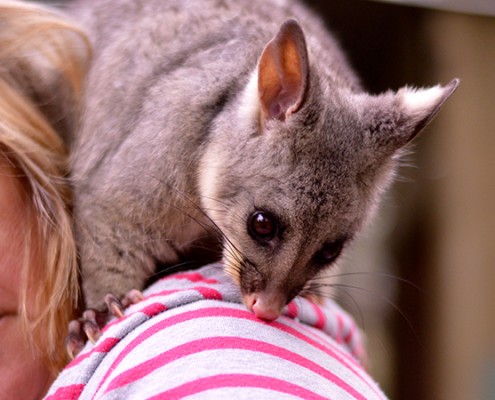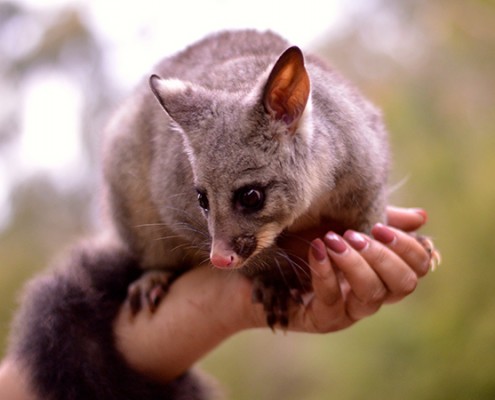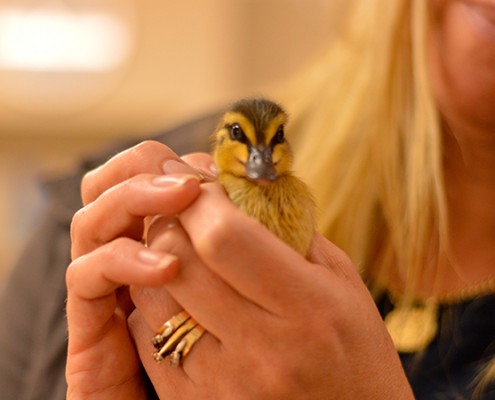Getting Work Ready tips – writing a resumé
Resumé writing can be hard so Cire training have put together some tips to help you make that important first impression.
Contact details
Make sure your name and contact details are included and most importantly your phone number and email address. Please remember to use a professional email address. If you don’t have one it only takes a few minutes to create a new one, jsmith88@hotmail.com is far more appealing than fordlover88@hotmail.com.
Lay out
Keep it simple and streamlined. Refrain from using colour, and if you decide to use dot points keep the same theme throughout your resume, using a bold text for headings is also a good idea. It is also a good idea to Google resume examples so you can get some ideas before you start. Remember to keep it simplistic, don’t get carried away with trends and busy designs, these resume types distract and look unprofessional.
Key strengths
A number of specific short statements listed as dot points outlining your key strengths. For example;
- High-level computer skills including Microsoft Office, MYOB, Outlook
Employment history
List your professional working history starting from the most current position you hold or have held. We recommend listing them as follows; Job title, employer, and dates. Dot points are a good way to include a short list of position responsibilities and any achievements you accomplished whilst in that role.
School leavers and people re-entering the workforce after a lengthy absence with limited or no paid employment to list, could consider including work experience positions, volunteer position and any school leadership roles or club activities. If you have been the primary guardian of a child or a carer for a family member you can list the daily weekly tasks that you were responsible for. These tasks can include;
- Meal planning and preparation
- Transport
- Finance administration including managing the the home budget
- General home administration and management
Education and Training
Start with your highest qualification first. It’s a good idea to list it in the same format as your employment history; qualification, institute/provider, dates. Remember to include education and training that is relevant to the position you are applying for. If you were thinking of applying for an administration position the relevance of including a life guard qualification that you gained ten years previous would be questionable unless of course the administration position was within an aquatic centre. Include in-house training, university, TAFE, RTO and industry courses completed.
Hobbies and interests
The jury is out on whether to include hobbies and interests on your resume or not, we think if brief and thoughtfully completed, it is a way of helping you stand out from the crowd and makes you a real person to the reader. Just be mindful of what you include as some hobbies and interests may be viewed as offensive or inappropriate by the reader and therefore could impact on your chance of gaining the position or being shortlisted.
Referees
References/referees come at the end of your resumé. Include the referee’s name, phone number and whether it is a professional or personal referee. I would include two professional and one personal referee. A new trend of simply adding a sentence: “Referees details available upon request” has become common.
Above all make sure your referees are aware that you have included them in your resume and that you are actively applying for positions, it is a common courtesy that many people forget to do.
Length
Two pages; try and keep your resume to two pages in length.
Important note
Always send a cover letter addressing the key selection criteria of the job advertisement and position description (if one is available). By including a cover letter and writing your resume using the above tips your success rate for being shortlisted will be greater. Stay tuned for our next Getting Work Ready Tips on interview techniques.
Resume writing is just one of the topics covered in Cire’s Getting Work Ready short course. From cover letters to interview techniques this training is highly recommended if your goal is to re-enter the workforce. This course is currently only $25 so now is the perfect time to enrol, click here to learn more.




